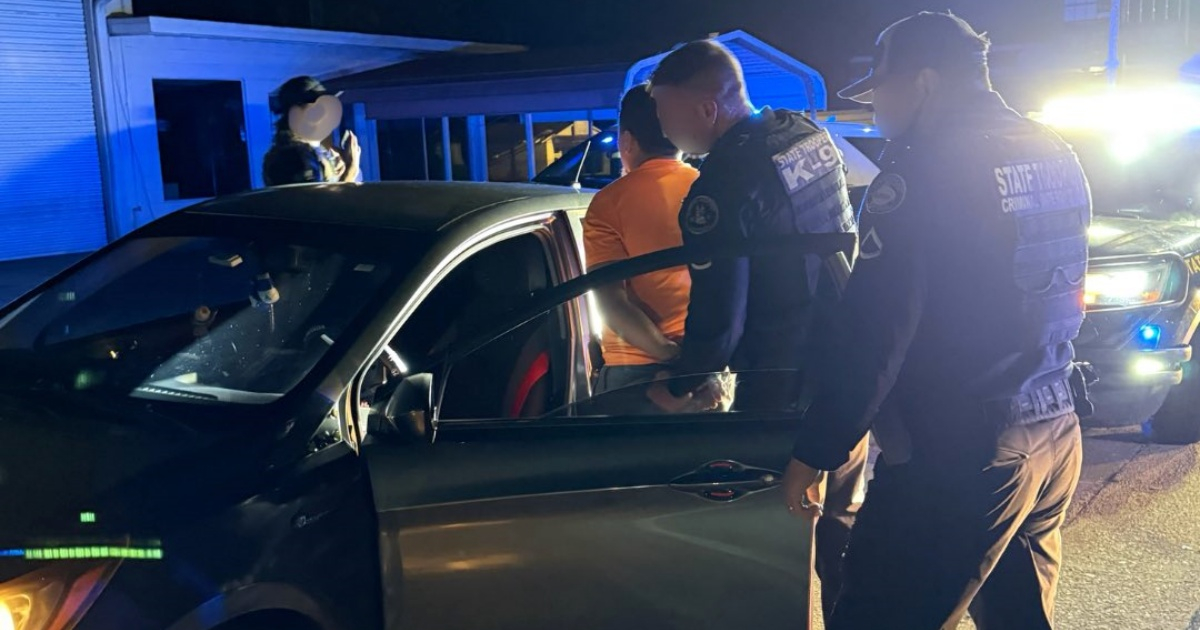Florida's Governor Ron DeSantis and the state's legislative leaders have reached a consensus on immigration policy after weeks of intense discussions and political disagreements. This agreement, achieved during a special legislative session, imposes stricter penalties on undocumented immigrants involved in criminal activities and enhances resources for law enforcement to implement immigration laws.
A significant part of the agreement includes new restrictions for undocumented individuals in Florida. Those arrested will automatically be denied bail, aligning with the governor's priorities. Additionally, a new interdiction station will be built along Interstate 10 in the Florida Panhandle, with a budget of $46 million allocated for hiring 84 new officers.
The state’s migrant transportation program will be replaced by a new initiative where the relocation of illegal immigrants will only occur under federal government orders, ensuring full reimbursement of costs to state taxpayers. Some of DeSantis's initial proposals, such as restricting foreign remittances, were not accepted by the legislature. In contrast, Dreamers will still have access to in-state tuition despite some opposition.
Key Elements of the Agreement
The reached compromise includes several critical components:
- Tougher penalties for undocumented immigrants involved in criminal activities.
- Over $250 million allocated to law enforcement agencies to bolster immigration law enforcement.
- Bonuses for police officers participating in joint operations with Immigration and Customs Enforcement (ICE).
- Establishment of the State Immigration Control Board, composed of the governor, attorney general, chief financial officer, and agriculture commissioner, to oversee funds dedicated to immigration policy enforcement.
The shift in tone was evident as Governor DeSantis praised legislative leaders for collaborating on a bill he described as "aggressive" in combating illegal immigration in Florida. This issue has sparked one of the state's most contentious debates.
The Governor vs. the Legislature
In the initial special session, Governor DeSantis proposed measures to reinforce the state’s role in fighting illegal immigration. However, the legislature pursued its own path, rejecting the governor's terms and prompting his threat to veto. Danny Pérez, Speaker of the House and representative of Miami-Dade, emphasized the legislative body's autonomy.
“We assert our right, as elected representatives, to sit equally at the table, to engage in discussion, not to simply take orders,” Pérez stated.
One major point of contention was who should coordinate the state's immigration efforts. Initially, the legislature suggested entrusting this responsibility to Agriculture Commissioner Wilton Simpson, whereas the governor wanted control under his office. Ultimately, a supervisory board was established, granting the governor primary authority while including all state cabinet members.
Republican State Representative Juan Porras explained the compromise, stating, “The agreement reached today establishes a group to oversee these policies and the budgets allocated to local police. The governor will maintain primary authority, but the board will include all cabinet members.”
Democratic Opposition and Criticism
The agreement has not been warmly received by Democrats, who criticize the state's budget priorities. “How can the legislature and governor allocate nearly $300 million to address this issue but do nothing to reduce the cost of goods and services in Florida?” questioned Fentrice Driskell, leader of the Democratic minority.
Democrats also argue that immigration is a federal issue and that state policies should not interfere with federal jurisdiction.
Impact and Future Outlook
Governor Ron DeSantis and Republican legislative leaders have emphasized that the agreement bolsters state security and aligns the responsibilities of various institutions involved in immigration law enforcement. DeSantis hailed Pérez and Albritton as “great allies,” affirming, “We have crafted an aggressive bill that we fully support.”
With the passage of these reforms, Florida takes a tougher stance on illegal immigration as the legislature and governor strive to balance control over these policies within the state.
Frequently Asked Questions about Florida's New Immigration Policy
What are the main changes in Florida's immigration policy?
The policy includes stricter penalties for undocumented immigrants involved in crimes, automatic bail denial for those arrested, a new interdiction station along Interstate 10, and a new state migrant transportation program under federal orders.
How does the new policy affect Dreamers in Florida?
Despite pressures to revoke it, the policy allows Dreamers to continue accessing in-state university tuition.
Who will oversee the implementation of the new immigration policies?
The State Immigration Control Board, comprising the governor and other cabinet members, will supervise the enforcement of the new policies.
